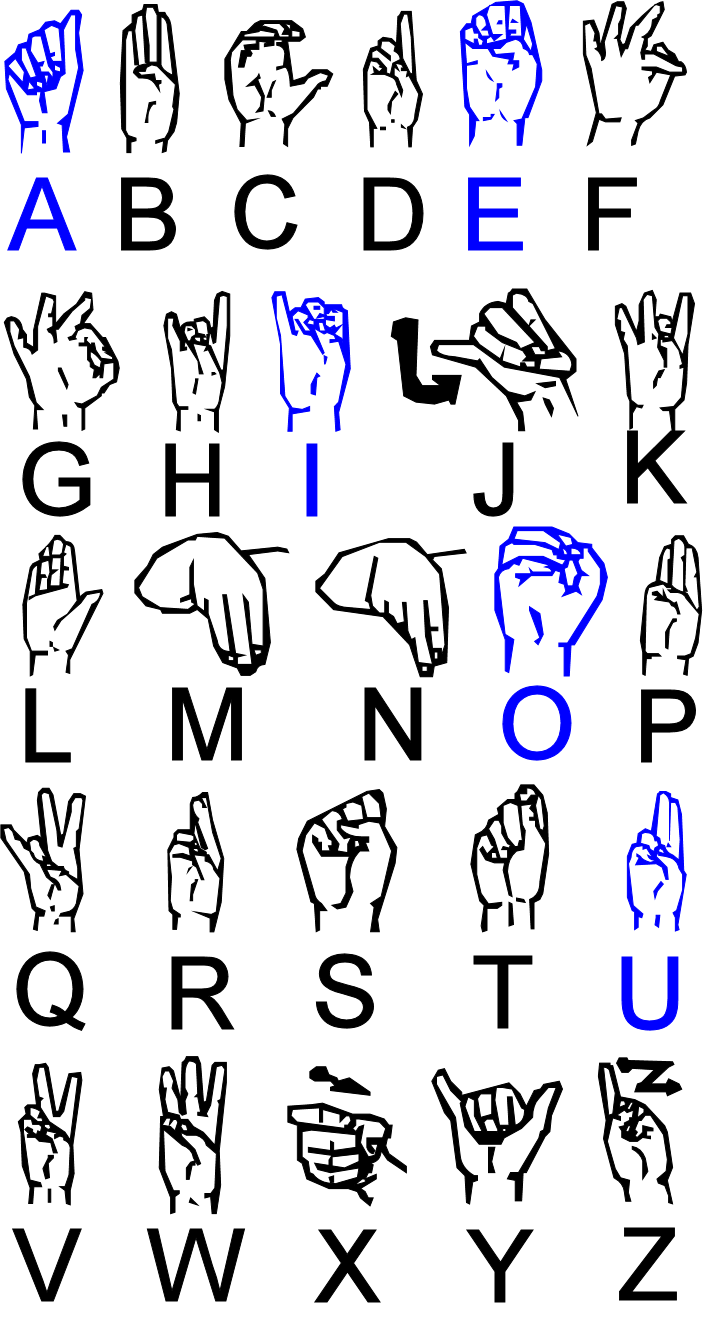Miss-Delectable
New Member
- Joined
- Apr 18, 2004
- Messages
- 17,164
- Reaction score
- 5
Making the case for Irish Sign Language in education - Lifestyle, Frontpage - Independent.ie
There have been many debates, even battles, over the years about how best to educate deaf children.
The basic question is should you educate them at special schools, which offer the option of teaching through or with the help of Irish Sign Language, or should you send them to mainstream schools?
Twenty years ago, the advice to hearing parents of newly diagnosed deaf children would have weighed heavily on sending them to deaf schools, but now it's very firmly in favour of mainstreaming.
While there is nothing wrong with mainstreaming, the deaf schools are now not presented as an option to parents, according to Liam O'Dwyer, chief executive of the Catholic Institute for Deaf People, which runs the two deaf schools in Cabra, St Mary's and St Joseph's.
O'Dwyer spoke of two mothers of deaf children who were advised to send their child to mainstream schools.
"They had to take their children out of mainstream schools because those schools couldn't cope and the children were very unhappy. And they found St Mary's and St Joseph's via the website themselves. Now to me that is a very serious issue. It is flagging up that parents are not getting the full information.
"As we say to parents at this stage, don't think about your child at five . . . think about your child at 10, at 15 and at 25. Where is he or she going to be at 25? You know, part of a deaf community or a hearing community, but hopefully a mix of the two. And sign language is a critical aspect of that."
O'Dwyer says that access to language and communication is critical to the cognitive development of children in the first three years of their lives. A bilingual approach that incorporates sign language and spoken language is now regarded as best practice for the education of deaf children.
"That means the responsibility is on families, for mothers and fathers and brothers and sisters to be part of that bilingual approach," he says.
That doesn't surprise me that parents are not being informed of all options especially schools for the deaf.
There have been many debates, even battles, over the years about how best to educate deaf children.
The basic question is should you educate them at special schools, which offer the option of teaching through or with the help of Irish Sign Language, or should you send them to mainstream schools?
Twenty years ago, the advice to hearing parents of newly diagnosed deaf children would have weighed heavily on sending them to deaf schools, but now it's very firmly in favour of mainstreaming.
While there is nothing wrong with mainstreaming, the deaf schools are now not presented as an option to parents, according to Liam O'Dwyer, chief executive of the Catholic Institute for Deaf People, which runs the two deaf schools in Cabra, St Mary's and St Joseph's.
O'Dwyer spoke of two mothers of deaf children who were advised to send their child to mainstream schools.
"They had to take their children out of mainstream schools because those schools couldn't cope and the children were very unhappy. And they found St Mary's and St Joseph's via the website themselves. Now to me that is a very serious issue. It is flagging up that parents are not getting the full information.
"As we say to parents at this stage, don't think about your child at five . . . think about your child at 10, at 15 and at 25. Where is he or she going to be at 25? You know, part of a deaf community or a hearing community, but hopefully a mix of the two. And sign language is a critical aspect of that."
O'Dwyer says that access to language and communication is critical to the cognitive development of children in the first three years of their lives. A bilingual approach that incorporates sign language and spoken language is now regarded as best practice for the education of deaf children.
"That means the responsibility is on families, for mothers and fathers and brothers and sisters to be part of that bilingual approach," he says.
That doesn't surprise me that parents are not being informed of all options especially schools for the deaf.



